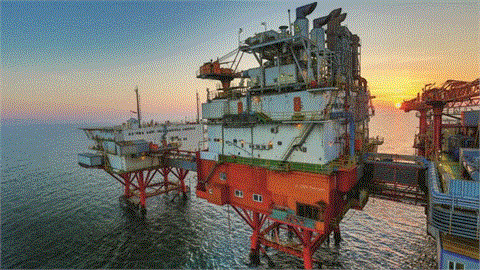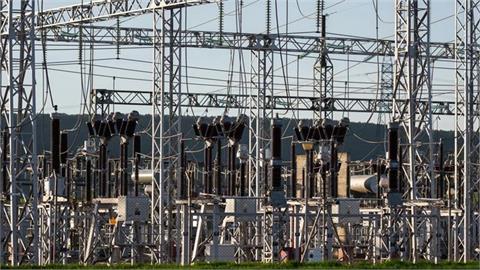The French energy company Total said Tuesday its net income decreased by 35% to $1.8 billion in the first quarter of 2020 amid the sharp decline in oil demand and prices due to the novel coronavirus (COVID-19) pandemic.
"The Group is facing exceptional circumstances: the COVID-19 health crisis, which is affecting the world economy and creating major uncertainties, and the oil market crisis, with the sharp drop in oil prices since March," Patrick Pouyanne, chairman of the company, was quoted as saying in a statement.
"In an environment where prices fell by more than 30% on average during the first quarter, the Group's cash flow decreased by 31% year-on-year to $4.5 billion, and adjusted net income was down 35% this quarter to $1.8 billion. Return on equity stood at 9.8% and Total maintained its financial strength with gearing at 21%," he added.
Due to the COVID-19, oil consumption around the world has weakened over the last few months. Along with oil-producing countries' ongoing pumping of crude at maximum levels, crude prices in April reached the lowest levels seen since 1999.
The price of Brent crude plummeted in April below $16 per barrel mark, from around $45 a barrel after Saudi Arabia-led OPEC and Russia spearheaded non-OPEC producers failed to reach a deal to further cut their oil production levels at their meeting in Vienna, Austria on March 6.
Since then, both countries have engaged in a price war for greater market share by increasing their output levels, with each aiming to drive one another and US shale oil producers out of the market.
The company said the anticipated incremental increase in demand linked to the end of the COVID-19 crisis cannot bring a rapid resolution to the oil crisis given the time it takes to return inventories to normal rates.
The action plan the group revealed in March aims to preserve the value of its assets, maximize expenditure efficiency and optimize the group’s position to emerge strengthened from this period. Consequently, Total said it decided to reduce net investments by 25% to $14 billion in 2020.
The 2020 cost savings program was increased to at least $1 billion, in addition to saving on energy costs by more than $1 billion, notably in refining and chemicals, the company said.
The group said it anticipates oil production of between 2.95 and 3 million barrels of oil equivalent per day (Mboe/d), with at least a 5% reduction compared to previous 2020 forecasts, considering the voluntary reductions in Canada, the exceptional quotas announced by OPEC+, lower local gas demand, and the situation in Libya.
The company stressed its commitment to its pre-pandemic strategy for growth in the integrated gas and low-carbon electricity chain, which is $1.5 to $2 billion a year.
The global economic slowdown could result in lower demand with probable suspensions in LNG uplifts during the second and third quarters of the year, the company said, adding that the decrease in oil prices could also negatively impact long-term LNG contract prices from the second half of the year.
(Anadolu Agency, May 5, 2020)



